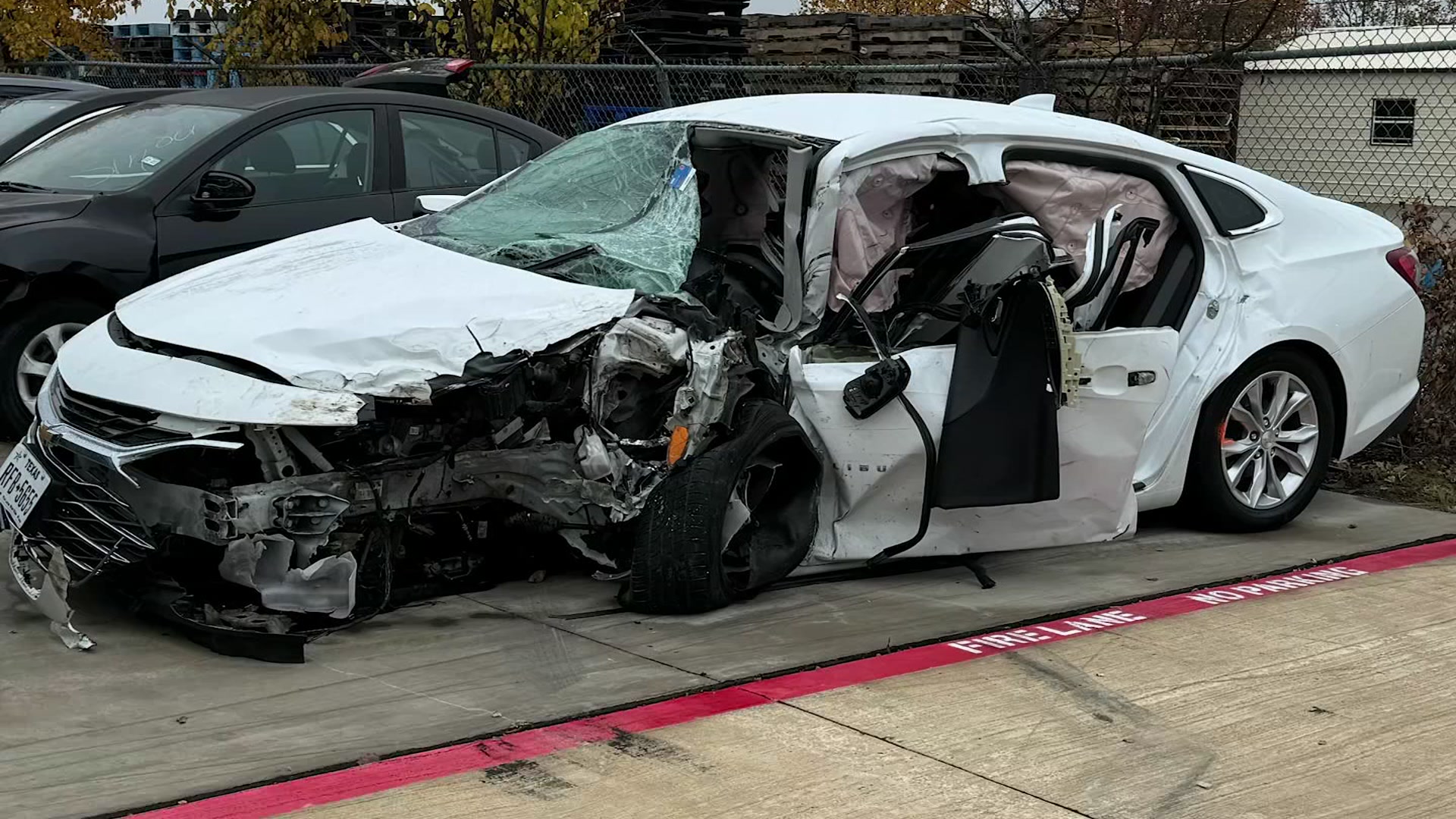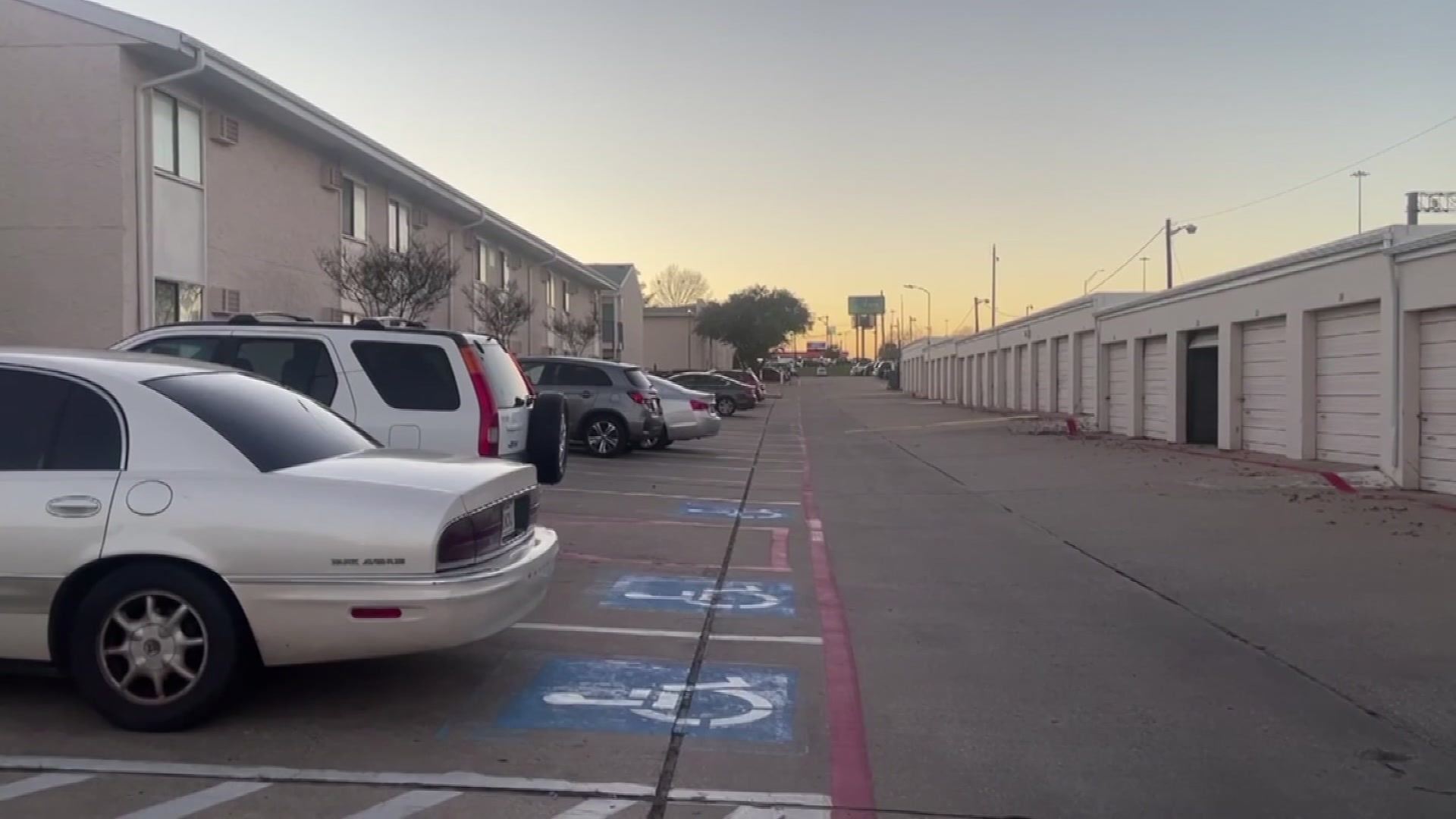A city of Dallas memorandum dated Jan. 1 that said in most cases police officers would not be dispatched to certain types of calls like car thefts, criminal mischief and child custody disputes, was rescinded Saturday afternoon.
Quietly released, many learned about the directive via social media, including Texas Gov. Greg Abbott (R) who tweeted a scathing response Saturday.
Dallas' incoming police chief, Eddie Garcia, will join the department from San Jose, California, where he served as chief for the last five years.
Hours after the governor's tweet, Dallas Police issued a statement saying the directive had been rescinded.
“The Dallas Police Department has learned that an internal memorandum was forwarded to staff members at the 911 Call Center regarding KPMG’s recommendations to divert Priority 4 calls to the Dallas Online Reporting System (DORS) or an Expediter. Although conversations have been held on this topic, the memorandum was sent prematurely. The department is still in the evaluation phase on this item and will have further dialogue on recommendations and next steps. Therefore, the actions set out in the memorandum have been rescinded at this time.”
The change in dispatch strategy was recommended in a study designed to increase department efficiency, one Dallas Police Association President Mike Mata called unfortunate but necessary without more officers.
"We've got to look at what we are really trying to do, and we are trying to get down that violent crime," Mata said. "And to do that we are going to need more hands-on-deck, more officers answering those violent crime calls and doing more proactive policing."
Local
The latest news from around North Texas.
Dallas Mayor Eric Johnson responded to the matter in a newsletter released on Sunday night.
In it, he said neither himself, city council or incoming chief Eddie Garcia knew about the strategy detailed in the memo until it was reported by news media over the weekend.
"This shouldn't be how you find out about these decisions, and it shouldn't be how your elected representatives find out either," the mayor said in his letter. "That is simply not the way that the public's business should be conducted."
He added that the issue should be discussed publicly and vetted thoroughly.
"You deserve to be part of that process. And Chief Garcia definitely deserves that opportunity, too. Any changes should be focused on better serving you, and on making you and your community safer," Mayor Johnson said. "That's where the conversation about public safety should start, and that's where it should end. Not by fiat in a memo like this."
Dallas City Council member Jennifer Gates, who chairs the Public Safety Committee, said it was her understanding that the diversion procedures were to enhance response times. Though she said they've been discussed internally, they still need to be presented to the public.
She issued the following statement Saturday addressed to the Dallas mayor, city council and city manager.
"I was notified this afternoon that a draft memo regarding the dispatch of DPD officers for certain 911 calls was released. I have been notified the memo has been rescinded. It is my understanding these diversion procedures were identified in the KPMG study as a way to enhance response times and had been discussed internally."
"It is premature for DPD to initiate these changes before briefing the Public Safety Committee and before the new Chief begins. I have spoken to Assistant City Manager, Jon Fortune, and the call diversion procedures will now be briefed at the January 11th Public Safety Committee."
City Council Member Lee Kleinman is vice chairman of the Public Safety Committee.
He said the change is something Dallas has been moving toward with support from the efficiency study findings that council members urged police to implement.
"There are just so many hours in a patrol officer’s day and to have them spend even an hour filling out a form on behalf of a citizen is just not the highest and best use of their time," Kleinman said.
The Dallas Online Reporting System, or DORS, has received strong promotion from police and Kleinman said it is a faster way to get information to detectives for follow up on priority four property crimes than asking citizens to wait for an officer to show up.
"The response times to priority fours are multiple hours, if at all," Kleinman said.
Union leader Mata is also a Northwest Division patrol sergeant. He said it is common for several pages full of lower priority calls from citizens to wait many hours for a response.
"They want to know why it took five, six hours to respond to that call, because this call is important to them," Mata said. "We’ve just got to help them understand that that is the faster way to get it done. But again, if it is absolutely necessary to have that officer at the scene, then we will come. It’s just going to take us a while to get there."
The Public Safety Committee review of the issue next Monday may not be the conclusion. Eddie Garcia is scheduled to start as Dallas police chief next month.



